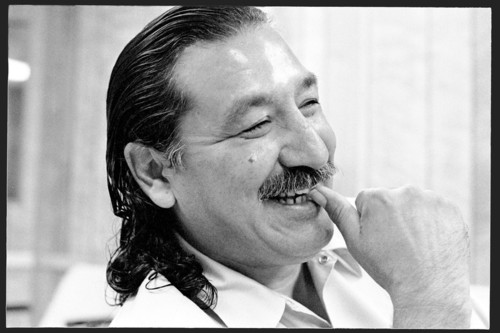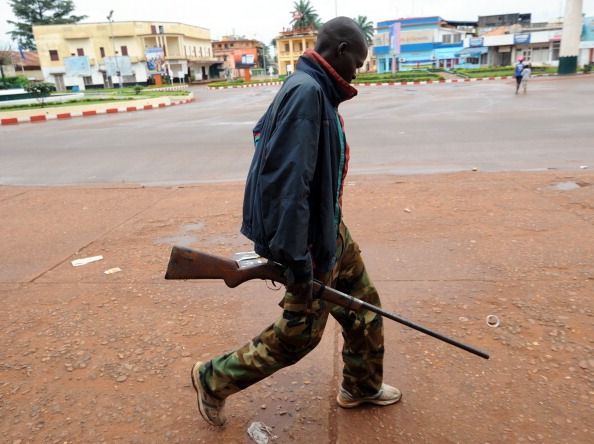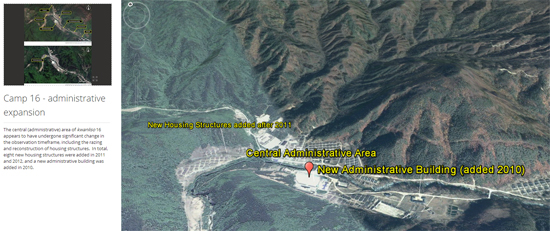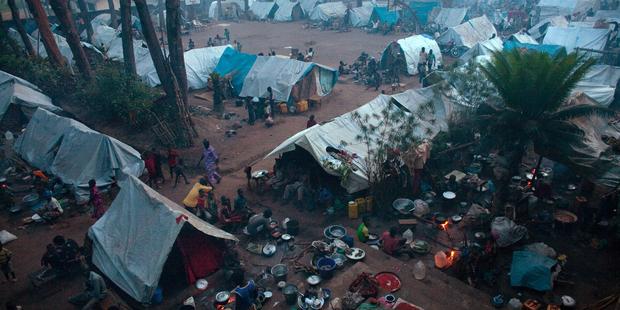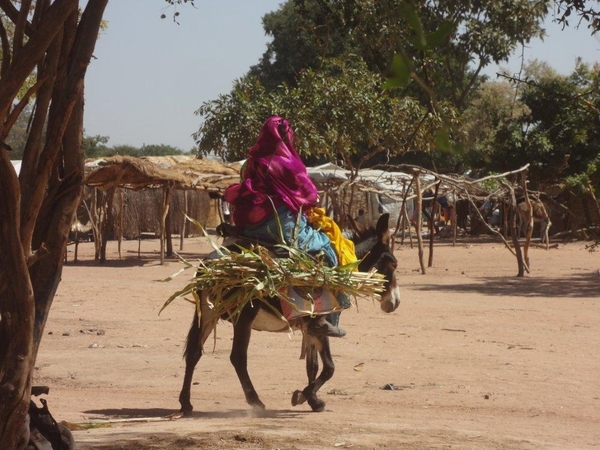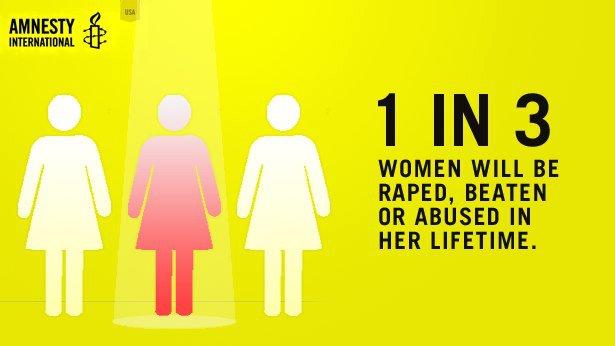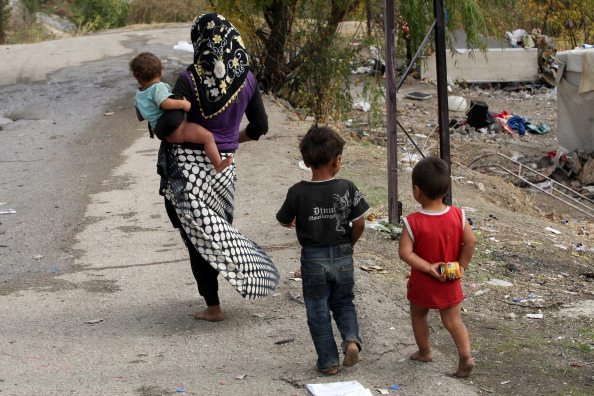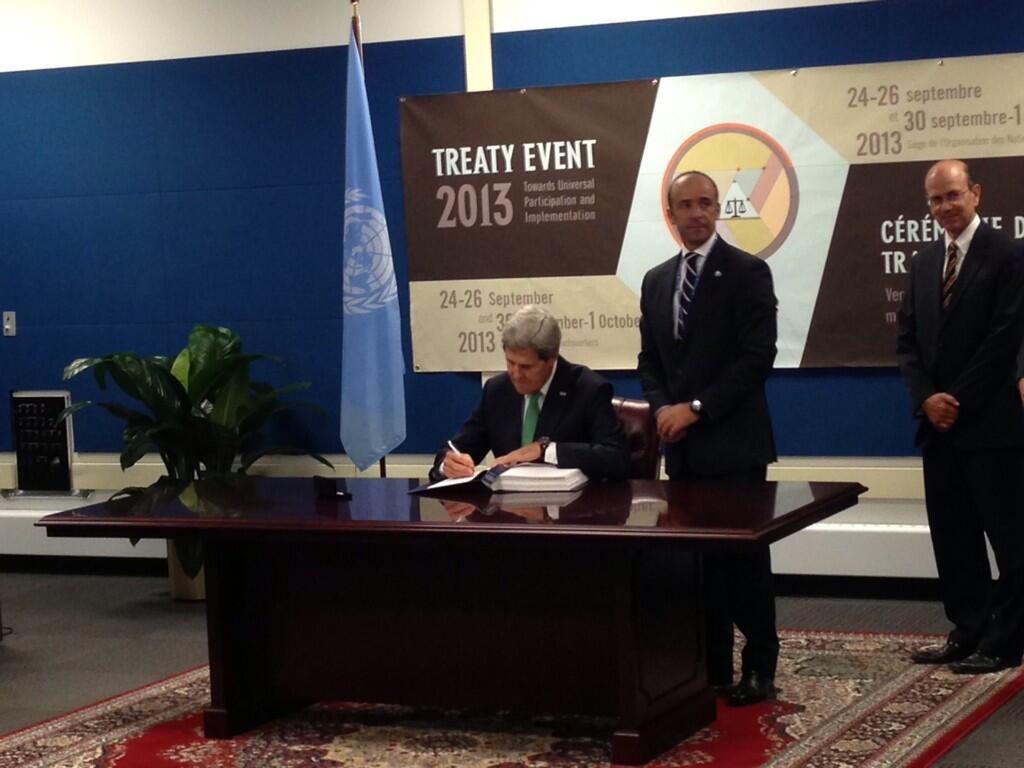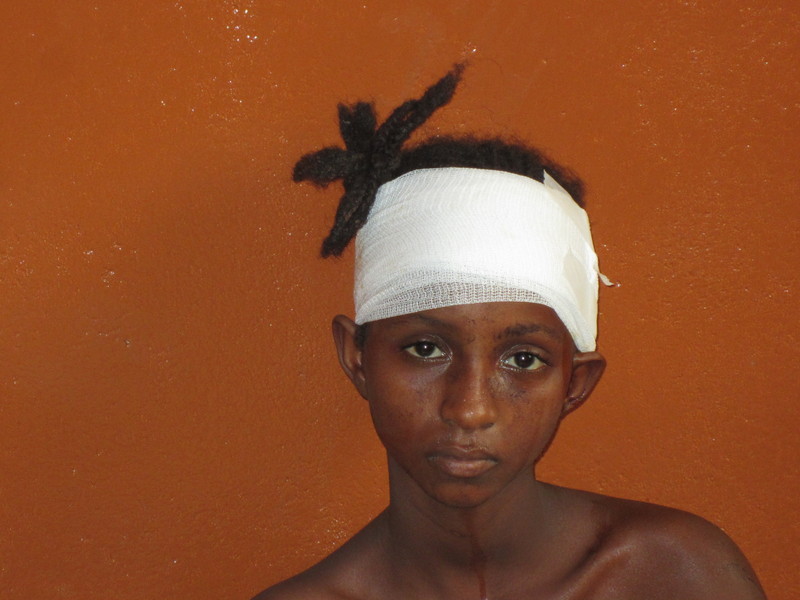
Eleven-year-old Fati suffered deep machete wounds to her head and arm in an attack by anti-balaka militia in Boali. Six people were killed and 20 others were injured in the same attack (Photo Credit: Amnesty International).
By Donatella Rovera, Senior Crisis Response Adviser at Amnesty International
The body of a 10-year-old boy, shot dead, whose hand had been cut off with a machete.
The remains of the sons of a 76-year-old man who narrowly escaped death after anti-balaka fighters shot him three times and left him for dead.
The lifeless body of a six-month-old baby, brutally murdered alongside 12 of her relatives in front of her cousin, who was forced to witness her father being decapitated.
“They killed my children heartlessly. They were slaughtered in front of our eyes,” cried a Muslim woman whose four sons were killed by anti-balaka fighters in late January.
Welcome to life in the Central African Republic.
